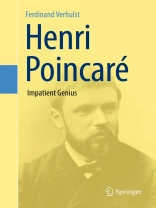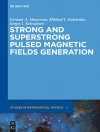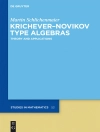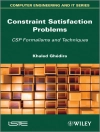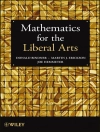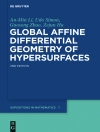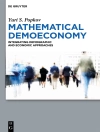The book describes the life of Henri Poincaré, his work style and in detail most of his unique achievements in mathematics and physics. Apart from biographical details, attention is given to Poincaré’s contributions to automorphic functions, differential equations and dynamical systems, celestial mechanics, mathematical physics in particular the theory of the electron and relativity, topology (analysis situs). A chapter on philosophy explains Poincaré’s conventionalism in mathematics and his view of conventionalism in physics; the latter has a very different character. In the foundations of mathematics his position is between intuitionism and axiomatics.
One of the purposes of the book is to show how Poincaré reached his fundamentally new results in many different fields, how he thought and how one should read him. One of the new aspects is the description of two large fields of his attention: dynamical systems as presented in his book on `new methods for celestial mechanics’ and his theoretical physics papers. At the same time it will be made clear how analysis and geometry are intertwined in Poincaré’s thinking and work.In dynamical systems this becomes clear in his description of invariant manifolds, his association of differential equation flow with mappings and his fixed points theory.
There is no comparable book on Poincaré, presenting such a relatively complete vision of his life and achievements. There exist some older biographies in the French language, but they pay only restricted attention to his actual work. The reader can obtain from this book many insights in the working of a very original mind while at the same time learning about fundamental results for modern science
Spis treści
The early years.- Academic education, 1873-1879.- Impressive results in Vesoul and Caen.- Career in Paris.- The prize competition of Oscar II.- Philosophy and essays.- At the end, what kind of a man?- Automorphic functions.- Differential equations and dynamical systems.- Analysis Situs.- Mathematical Physics.- Poincaré.- Historical data and biographical details.- References.- Index.-
O autorze
Ferdinand Verhulst is a Professor at the University of Utrecht.
